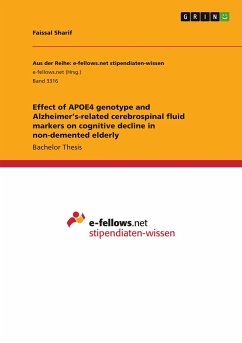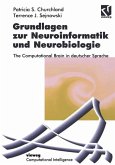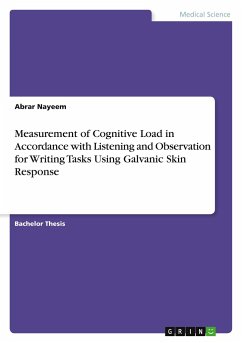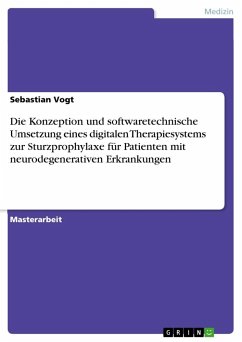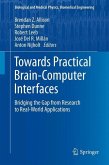Bachelor Thesis from the year 2019 in the subject Medicine - Biomedical Engineering, University of California, Irvine, language: English, abstract: This paper aims to determine whether APOE4 genotype and AD-related pathological load in the form of CSF-derived Abeta and tau can be used for prediction of mnemonic discrimination performance in cognitively healthy, non-demented elderly. Alzheimer's disease (AD) affects millions worldwide, primarily in the elderly population. To date, virtually all drug therapies have failed to effectively treat AD. Subjects carrying the APOE4 gene are known to be at up to 12-times increased risk for AD. The underlying pathological changes in the form of beta-amyloid plaques (Ab) and tau tangles are detectable two decades before symptoms of memory decline arise and can be measured in cerebrospinal fluid (CSF). Early detection of AD in cognitively normal elderly would open a window of opportunity for treatment and preventative measures. This study aimsto determine whether APOE4 genotype and AD-related pathological load in the form of CSF-derived Ab and tau can be used for prediction of mnemonic discrimination performance in non-demented elderly.The global prevalence of Alzheimer's disease and other dementias was 43.8 million in 2016 and is likely to exceed 152 million by 2050. It affects 40 % of individuals above 85 and is characterised by episodic memory decline, confusion, as well as other cognitive deficits in later stages of the disease. This global epidemic is estimated to cost over 1 trillion US Dollar, creating a serious burden for healthcare systems worldwide. At an earlier stage, Mild Cognitive Impairment (MCI) describes abnormal forms of cognitive decline that have not reached the severity of dementia. MCI affects approximately 16-20 percent of elderly aged 65 or above and 24-32 % of individuals with MCI progress to dementia. In contrast to MCI, the diagnosis of dementia requires low performance of one or more cognitive domains with significant interference in everyday activities. AD is more prevalent in women, who make up two-thirds of all cases in the US. Further, African Americans are twice as likely and Hispanics one-and-a-half times as likely to be diagnosed with AD than Caucasians. While biological differences play a partial role, for example through a stronger AD-association with the ABCA7 risk gene in African Americans, socioeconomic characteristics such as education level are more likely to drive this disproportion. Further, African Americans have a higher prevalence of diabetes, obesity and hypertension, all of which are associated with AD.
Bitte wählen Sie Ihr Anliegen aus.
Rechnungen
Retourenschein anfordern
Bestellstatus
Storno

